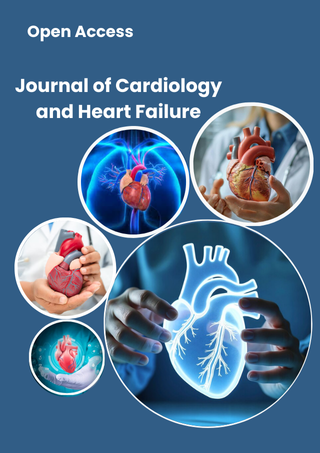Acute Coronary Syndromes
Acute Coronary Syndromes (ACS) refer to a spectrum of urgent, life-threatening conditions caused by sudden reduction or blockage of blood flow to the heart, typically due to plaque rupture and thrombus formation in coronary arteries. ACS includes unstable angina, non-ST-elevation myocardial infarction (NSTEMI), and ST-elevation myocardial infarction (STEMI). Rapid diagnosis and treatment are critical to minimize heart muscle damage and improve survival. Management involves antiplatelet and anticoagulant therapy, reperfusion strategies like percutaneous coronary intervention (PCI), and long-term secondary prevention. Risk stratification using biomarkers, ECG, and cardiac imaging guides therapeutic decisions. Research in ACS focuses on precision medicine, novel antithrombotic agents, and post-event rehabilitation. Effective ACS management relies on coordinated emergency response, evidence-based protocols, and patient education to reduce morbidity and prevent recurrent cardiac events.
Article Processing Timeline
| 2-5 Days | Initial Quality & Plagiarism Check |
| 15 Days |
Peer Review Feedback |
| 85% | Acceptance Rate (after peer review) |
| 30-45 Days | Total article processing time |
Journal Flyer


